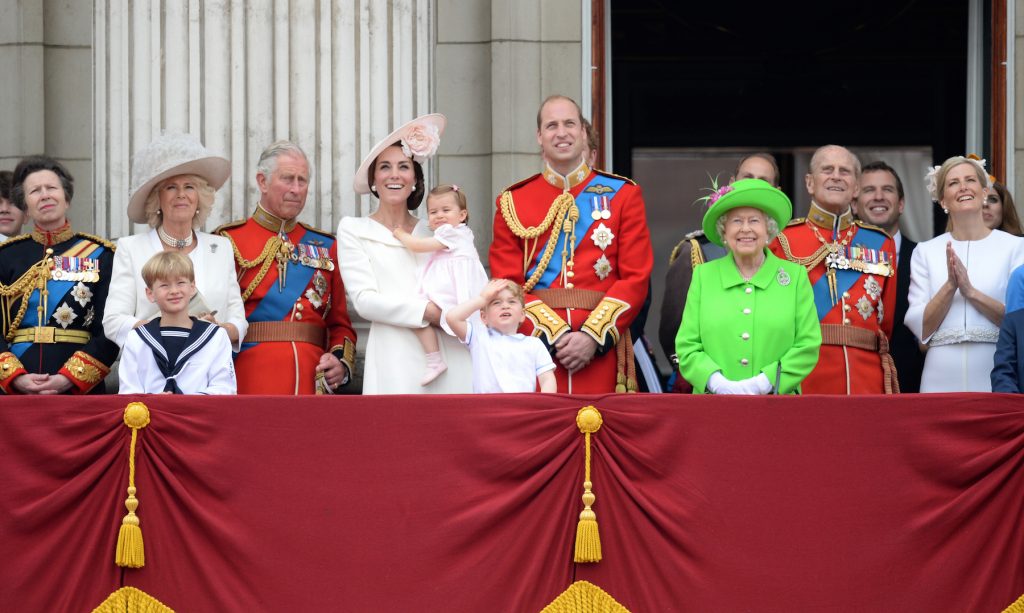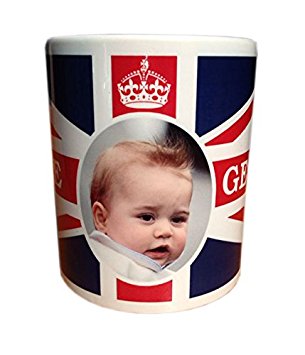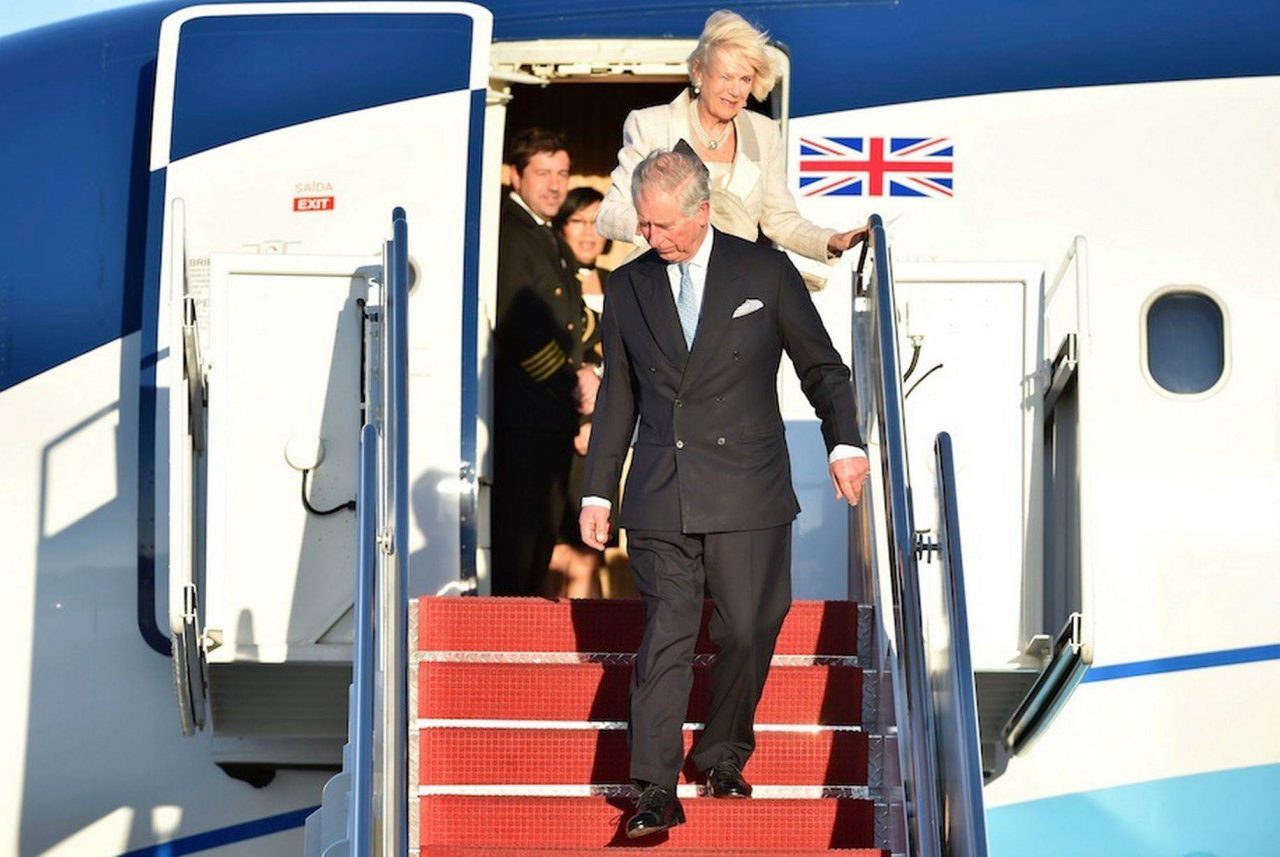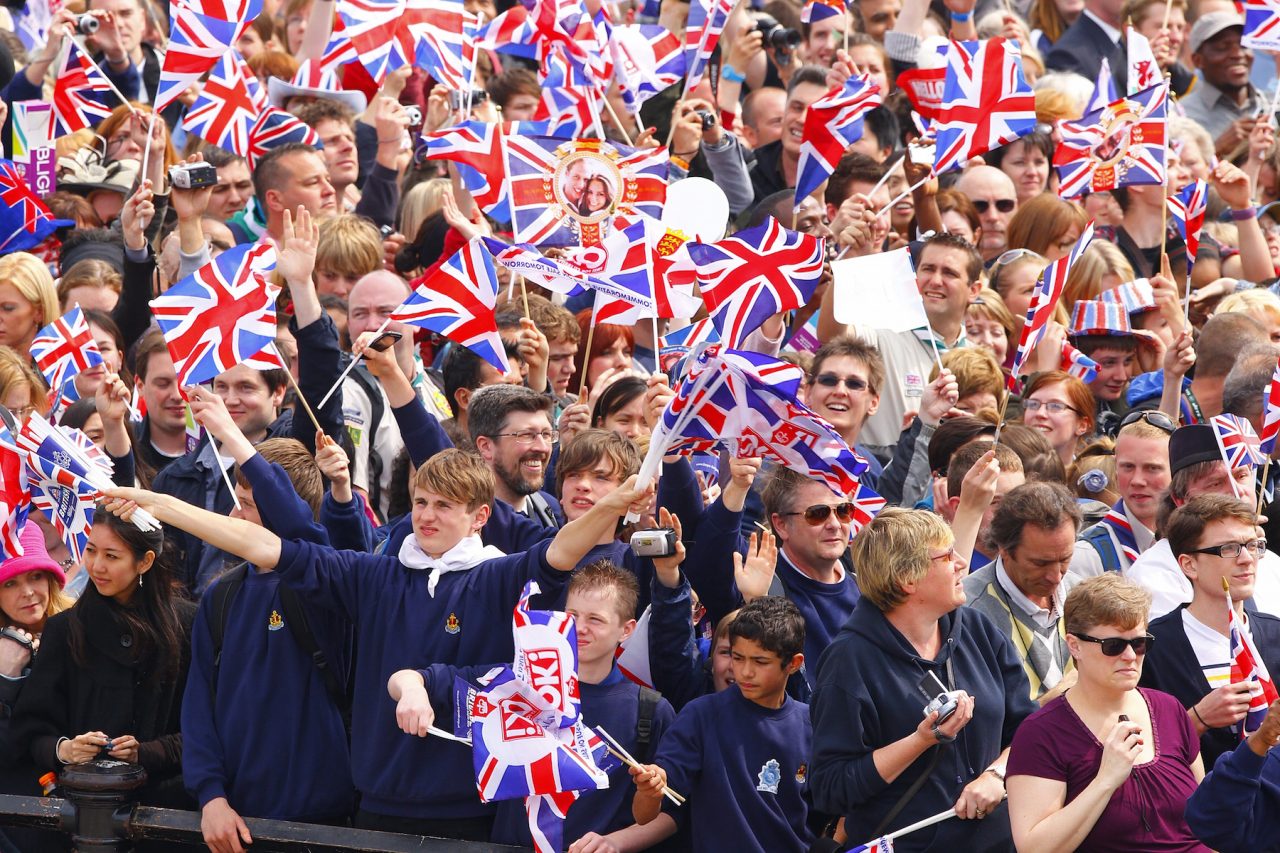
…And that’s another £369m on the UK tax bill for the royals. Is it worth it?
Plans have been announced for a £369 million refurbishment of Buckingham Palace. Some say this is a waste of money – the royals should pay for the work themselves like anyone else. But 68% of Brits still feel the monarchy is ‘good’ for Britain. So is the investment worth it?
First up, here's some monarchy money basics.
- The official royal family consists of 15 people: the Queen, and her immediate family.
- The royal family have significant personal assets that are not open to public scrutiny.
- A large portfolio of royal property is run by what’s called the ‘Crown Estate’. The royal family doesn’t actually own it; the country does, and any profits are given directly to the government.
- The Queen and the royal family are paid a yearly sum called the ‘Sovereign Grant’. It’s 15% of the profits from the Crown Estate – that was £43 million last year – and is supposed to cover their expenses. It has been proposed that the grant is increased by two thirds for the next ten years to fund the repairs.
So what's the Queen really worth, in financial terms?
£500 million, says one estimate. The UK tourism board asked 50,000 tourists why they came to the UK in 2010, and according to their report, enough of them said ‘the Queen’ to add up to five hundred grand in spending. That’s 0.4% of the value of the whole tourism industry.
But the board has since retracted this figure, saying it’s impossible to evaluate the exact impact of the crown on the UK’s tourism industry and that they have no concrete evidence that tourism would go down if the monarchy was abolished
But that's not taking the 'Kate Effect' into account.
A more recent research piece defended the monarchy’s financial worth again recently, estimating a tourism value of £535 million a year. This one also accounted for what it called the ‘Kate Effect’ and the ‘Charlotte Effect’, estimated to be worth £152 million and £101 million respectively.
Their evidence? Prince George’s birth had added a supposed £247 million two years before. The Royal Wedding allegedly led to an extra 500,000 bottles of champagne being sold, along with 3.5 million commemorative mugs. Total spend on merch reached £150 million.
Their final, long-term figure was an estimated £1.4 billion - including a mix of yearly revenues and lifetime ‘brand worth’. When asked to provide details on the methodology used to acquire these numbers, Brand Finance provided no comment.

...Could we make any of this money without actually having a monarchy?
Probably. If not even more. The Palace of Versailles remains one of the most visited attractions in France, and if the royals weren’t living in it, Buckingham Palace could probably be too. British MPs have argued in the past that Buckingham Palace should be open for longer periods during the year.
Alright, we know how much the royals make. How much do they cost?
Refurbishing the palace is going to cost the taxpayer £369m already. That’s going to come out of the Sovereign Grant, which some say will increase to a good £80 million a year to fund the expenditure.
The Sovereign Grant is supposed to be for the royals’ ‘expenses’ (ranging from food and drink to the £14,692 spent by Prince Andrew to catch the golf at Muirfield or the £246,160 private jet that Prince Charles took to Nelson Mandela’s funeral.)

But there’s more. A big one is security for the royal family, separate to the Sovereign Grant and estimated to cost the taxpayer £100 million a year. Visits to local councils cost in excess of £20 million a year, paid for by the councils themselves.
Not to mention the 'opportunity cost' associated with keeping royal assets in the family.
Governments pay royals and royal profits go back to governments – but certain property portfolios still pay their revenues directly to the royal family. The Duchy of Lancaster and The Duchy of Cornwall, for example, have earnt around £16 million and £19 million a year for the Queen and Prince Charles respectively.
Whether that money would go directly to the state if the monarchy were abolished isn’t certain, but it’s another example of funds flowing around the economy straight out of and into royal hands. One campaigning group, Republic, claims the total extra cost is upwards of £330 million a year (the equivalent of 15,000 newly qualified nurses or teacher salaries).
So what does having a monarchy really say about Britain's economy?
A 2015 poll showed that 68% of British people feel the monarchy is on the whole ‘good’ for the country. But what does ‘good’ actually mean?
Royalists would argue that the monarchy is a core part of Britain’s identity and ‘brand’, boosting pride at home and businesses abroad. Even if you could feasibly argue that it costs the country financially, they’d say it was worth it for the value it brings in non-monetary terms.

So what do the 32% have against it? Well, one argument goes that if you strip away the attachment to the cultural tradition, some would say the monarchy represents an inequality between one family and the rest of the country that sets the wrong example for the way the economy should work.
Economics is, a lot of the time, about trade-offs. A world of palace refurbishments, a boosted brand and commemorative mugs, or a world of palace museums, a revamped brand, and redistributed tax? It’s up to the Brits to decide.



